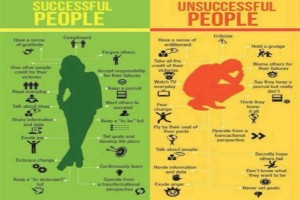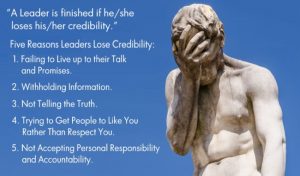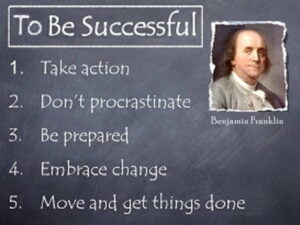Exchange Traded Funds (ETFs) have been growing in popularity and numbers over the past several years. Both individual and institutional investors have been flocking into these unmanaged index portfolios. They have been aggressively sold and marketed by Wall Street firms, financial exchanges, investment managers, and financial advisors.
They have been sold offering the investor the following advantages:
1) They have lower expenses,
2) They have limited portfolio turnover,
3) They are tax efficient,
4) They track a basket of securities in a specific asset class, investment type/style, industry group, currency or country, Index, or market segment,
5) They are actively traded daily on designated exchanges,
6) You pay a commission to buy or sell them with no load or redemption charges,
7) They tend not to alter their list of holdings to save on trading costs,
8) They require no minimum investment, and
9) They are timely and flexible.
But never forget ETFs are not mutual funds. So if you look a little closer. Here is what you need to know about investing in ETFs. They have several disadvantages and traps:
1) They have greater market volatility and price fluctuation than mutual funds,
2) Most ETFs allow arbitrage, margin, derivatives, options, shorts, and futures to be taken, bought, or written against the underlying ETF that you are buying,
3) They are actively traded daily and will have much greater ETF price movement based on unconfirmed or unsubstantiated news, hot stories, and current events, market and trading houses/firms manipulating the markets direction, investor emotion, and excessive bulk trading and electronic trading at particular times during the day,
4) You pay a commission to either buy or sell them—therefore fees become prohibitive for small ETF purchases of less than $10,000 at a time,
5) They are not designed for periodic automatic investments,
6) You need to rebalance your portfolio more frequently if you invest in a portfolio of ETFs,
7) With more than 1,000 ETFs in existence and loose to no regulation, the market is over saturated with many poor and risky ETFs,
8) The liquidity factor—you can buy them, but can you sell your ETF. The marketplace dictates your ability to buy and sell your ETF shares. With an over saturated ETF market and the factors of market supply and demand, you might not be able to sell your ETF if it is not in high demand or it is out-of-favor,
9) Many ETFs charge low annual expenses, which may appear to be a bargain, but after you pay a brokerage commission the charges are either the same or greater than investing in a no-load mutual fund with an average annual expense ratio,
10) ETFs are more often than not poorly diversified—therefore you must check the ETFs’ current holdings before you buy,
11) They have higher Betas and Standard Deviations, and
12) They are not actively managed by a qualified portfolio manager.




